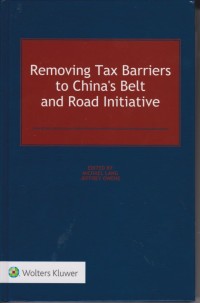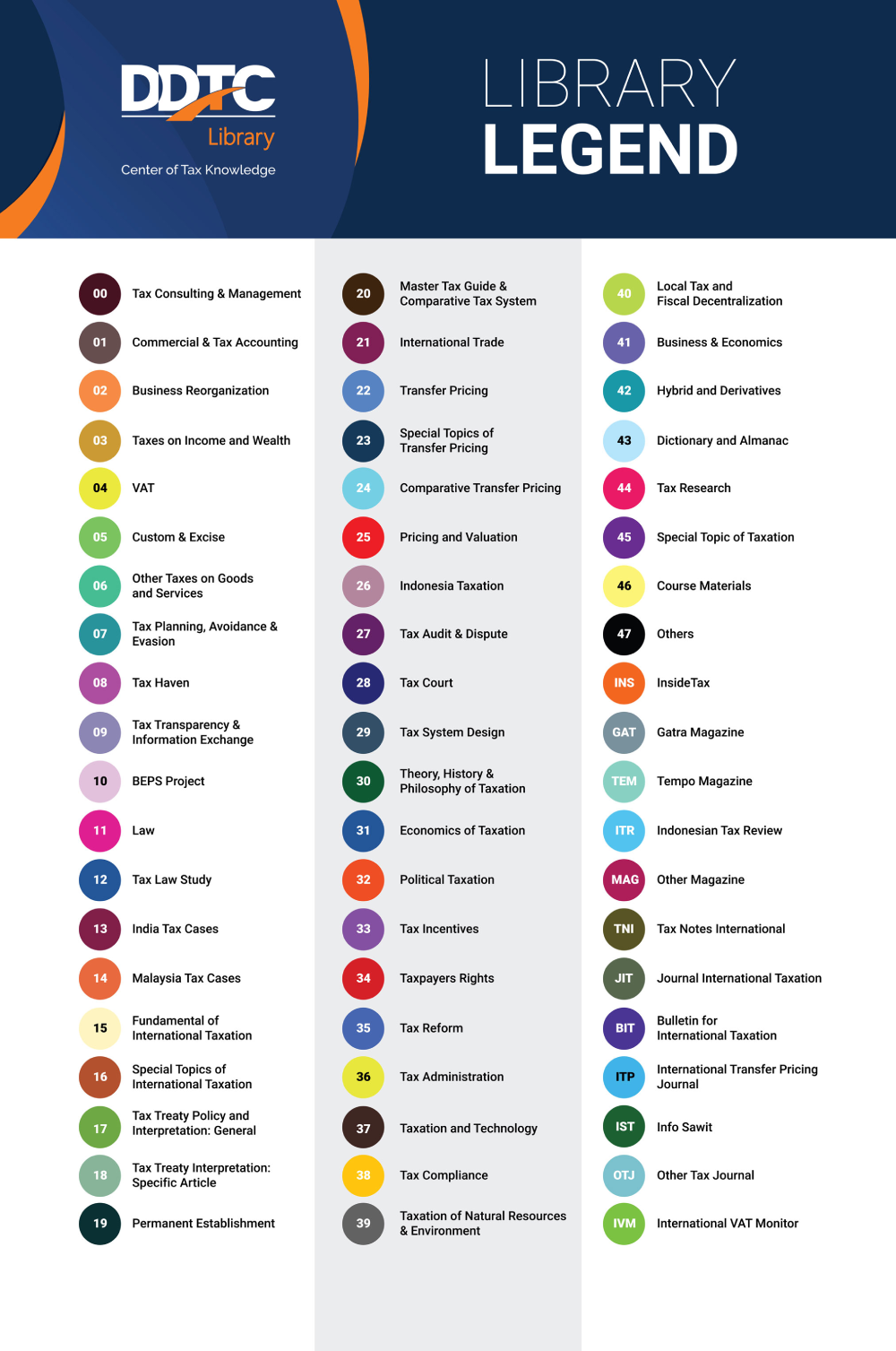
Book
Removing Tax Barriers to China's Belt and Road Initiative
Since its announcement in 2013, the Belt and Road Initiative (BRI), also known as the New Silk Road, has gradually gained international recognition. The 'New Silk Road' project has a potential to transform the global flows of trade and investment. It is increasingly recognized that tax has the potential to be a barrier in achieving these goals. The project requires not only extensive investment in infrastructure and transportation but also an acceleration of the internationalization of multinationals and supply chains in Belt and Road countries. The BRI marks a national push by China to increase economic links to Southeast Asia, Central Asia, Russia, the Baltic region (Central and Eastern Europe), Africa and Latin America, which will have major consequences for the way that tax systems interact.
What's in this book:
Emerging from the research conducted by the WU Global Tax Policy Center in cooperation with several Chinese universities, this book offers fourteen policy-relevant research chapters prepared by international experts on the following issues analysing the tax environment within which the 'New Silk Road' will have to operate:
• The New Silk Road: Will Tax Be a Facilitator or a Barrier?
• Neo-BEPS: China's Prescription for International Tax Reform Embodying the Rationality of the Belt & Road Initiative;
• International Taxation Coordination under China's Belt and Road Strategy;
• Tax Issues in the Main Belt and Road Countries and Industries of China's Outward Foreign Direct Investment;
• Preferential Arrangements under Chinese Tax Treaties with Belt and Road Countries and Disputes Regarding Their Applicability;
• Tax Planning by Going-Global Enterprises for Cross-Border Earnings: Observations Based on Belt and Road Countries;
• International Taxation Issues under the Belt and Road Initiative: Corporate Income Tax Laws and Tax Treaties;
• Financial and Tax Operations in the Five Central Asian Countries;
• The Role of Border-Crossing Procedures in the Transportation of Goods along the New Silk Road;
• Transfer Pricing Issues Related to the Belt and Road Initiative;
• Tax Treaties between Belt and Road Countries;
• VAT Challenges in the Belt and Road Initiative;
• Global Tax Policy Post-BEPS and the Perils of the Silk Road; and
• Creating a Positive Tax Climate for Complex Multijurisdictional Investment Projects.
Outcomes presented in the book consist of findings presented during Tax Policy Forum on the Belt and Road Initiative held on 12-13 June 2017 in Beijing, jointly organized with Peking University Tax Law Center and the Central University of Finance and Economics, Beijing.
How this will help you:
The analysis draws upon the expertise of representatives of European and Chinese Universities, which have been working together on these issues. This book will provide policymakers and businesses with a guide on how to deal with those tax issues. It would also facilitate international dialogue that is being currently undertaken.
Detail Information
| Call Number |
35 REM mic
|
|---|---|
| Publisher | Wolters kluwer : The Netherlands., 2018 |
| Collation |
xxvi, 330 p; 24,6 cm
|
| Language |
English
|
| Classification |
35 REM mic
|
| ISBN/ISSN |
978-9403501208
|
| Edition |
-
|
| Subject(s) |






